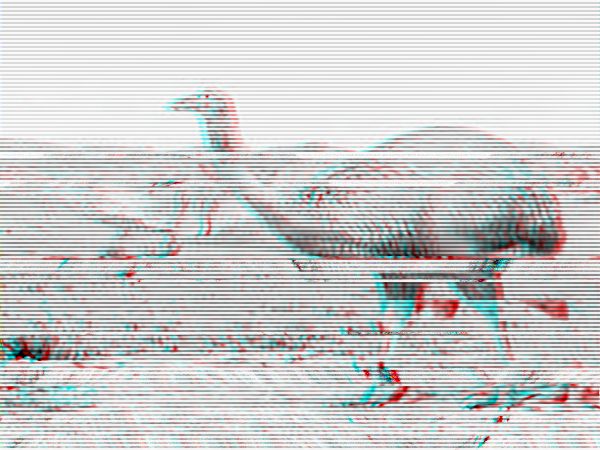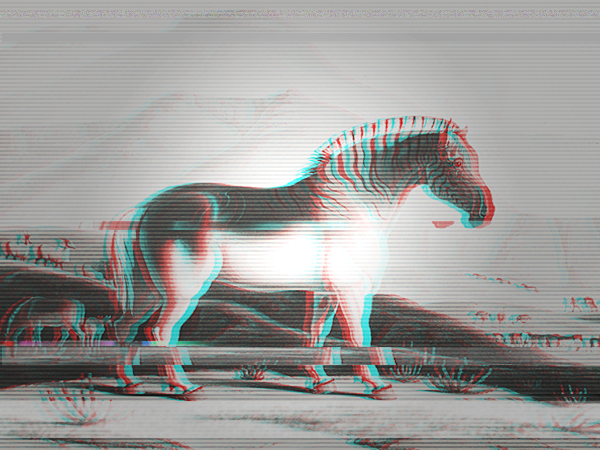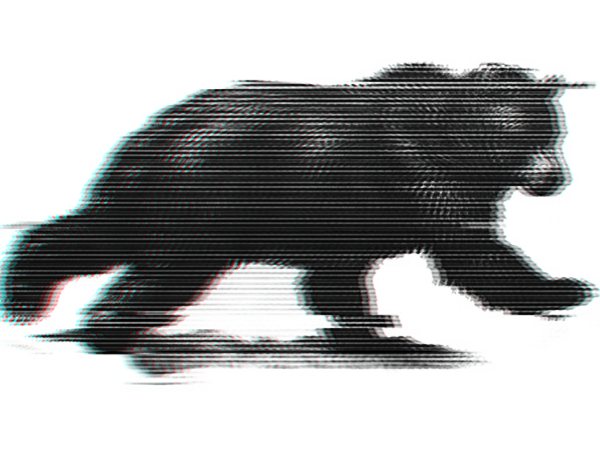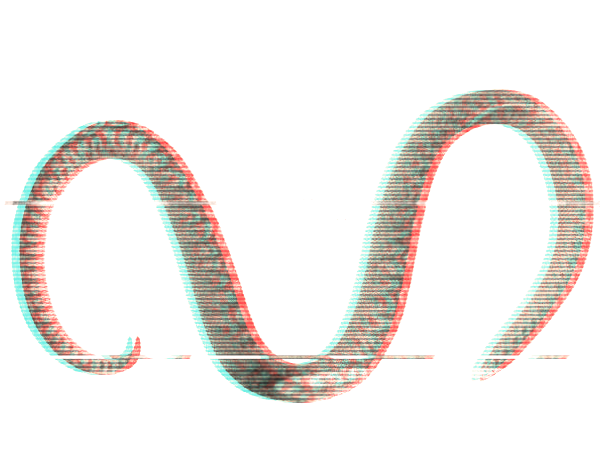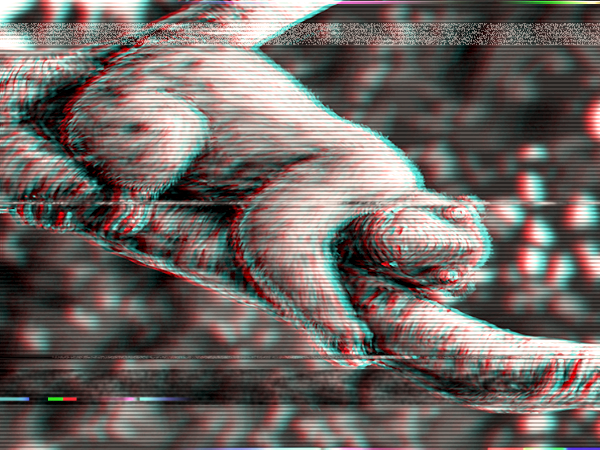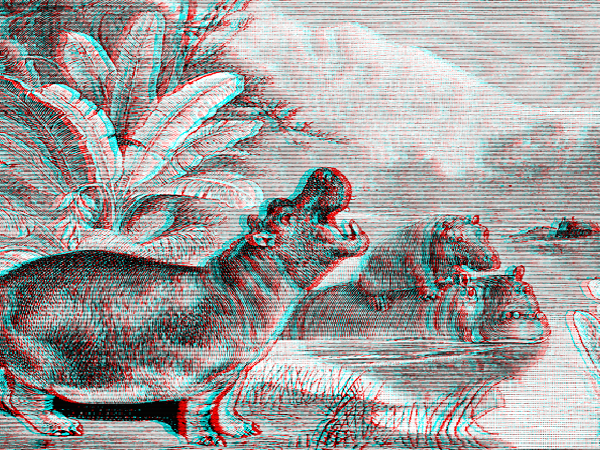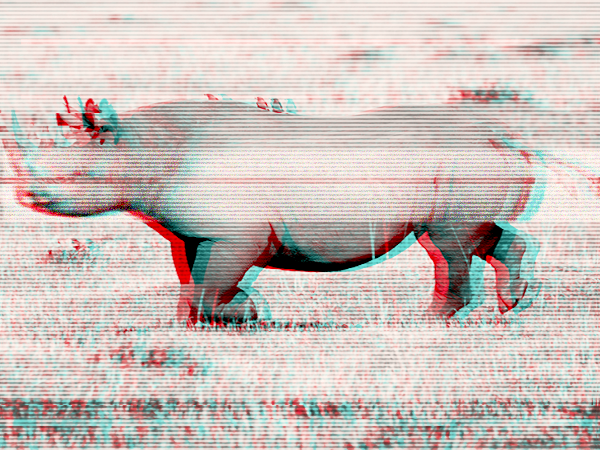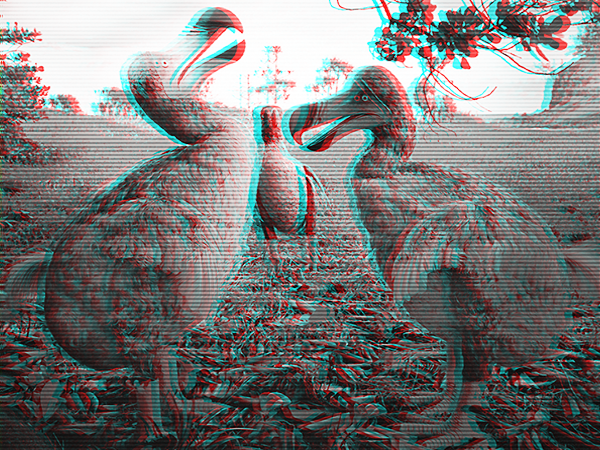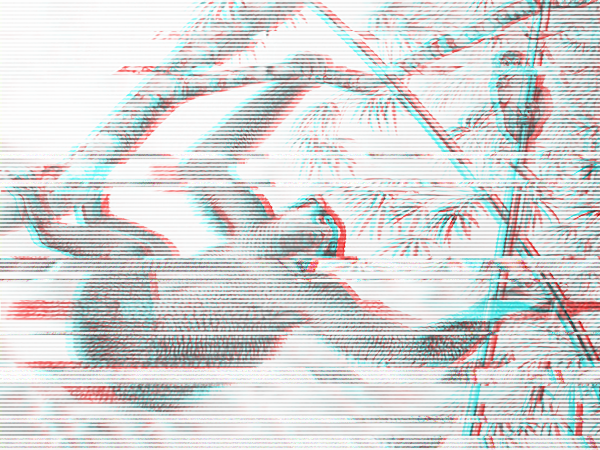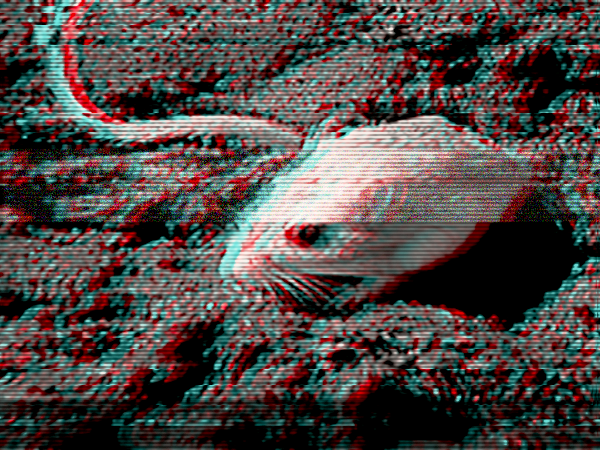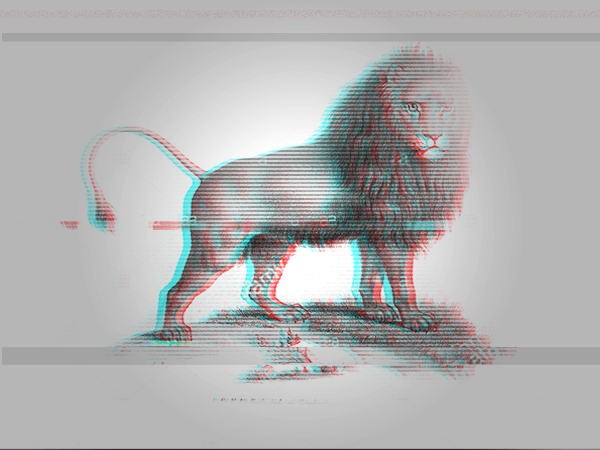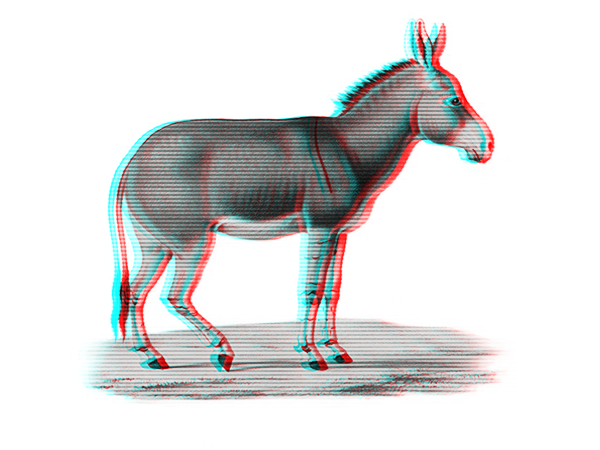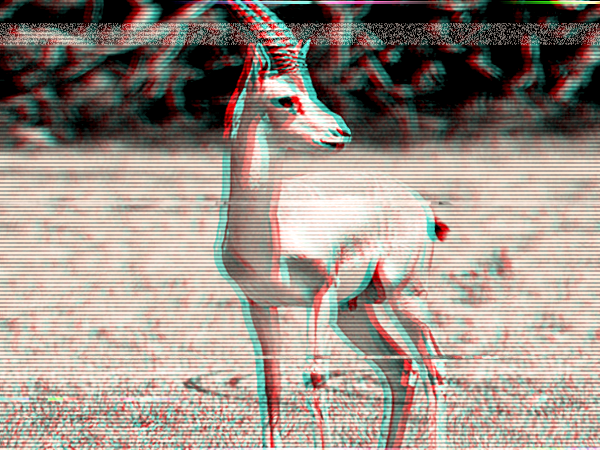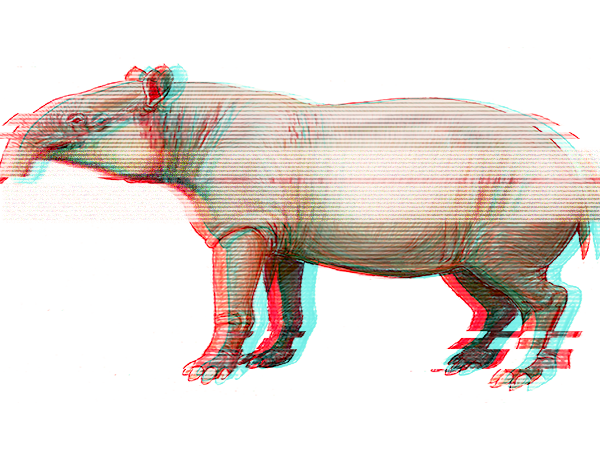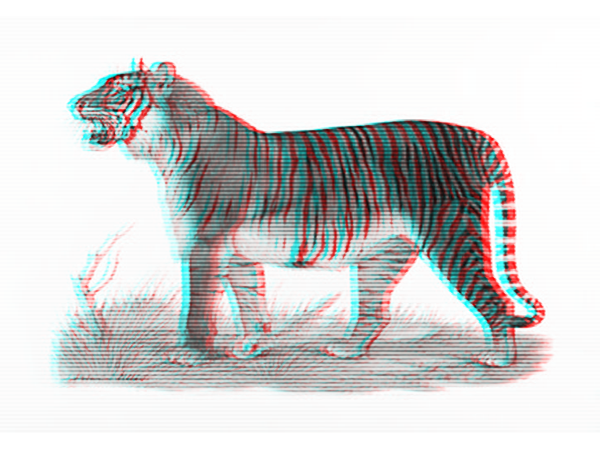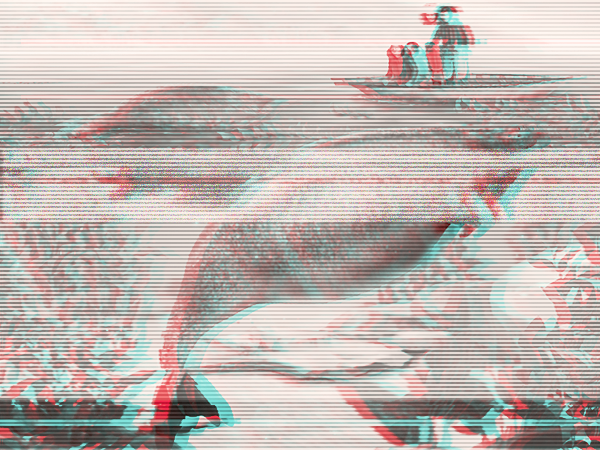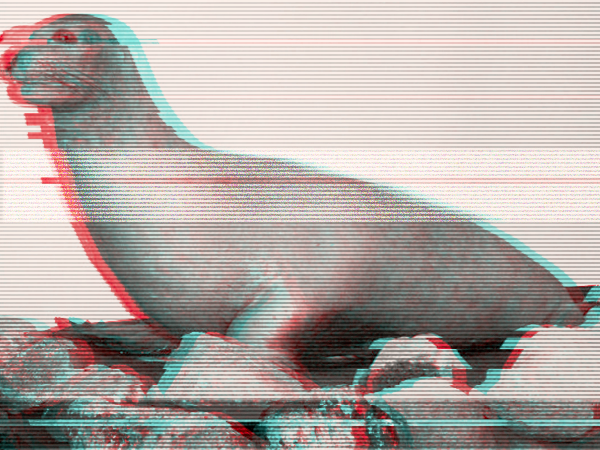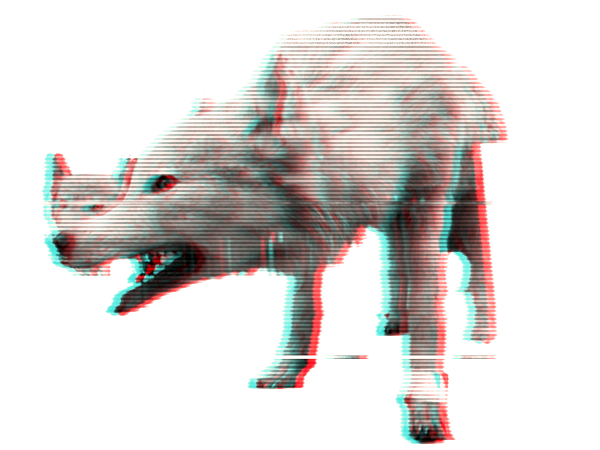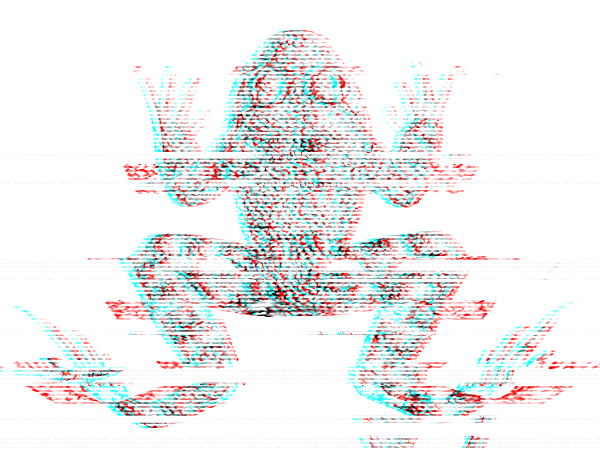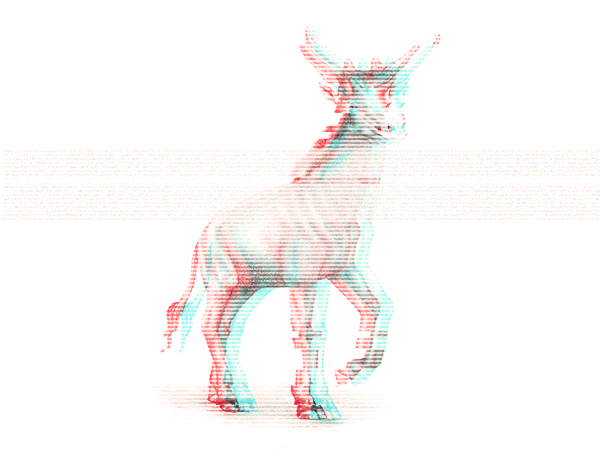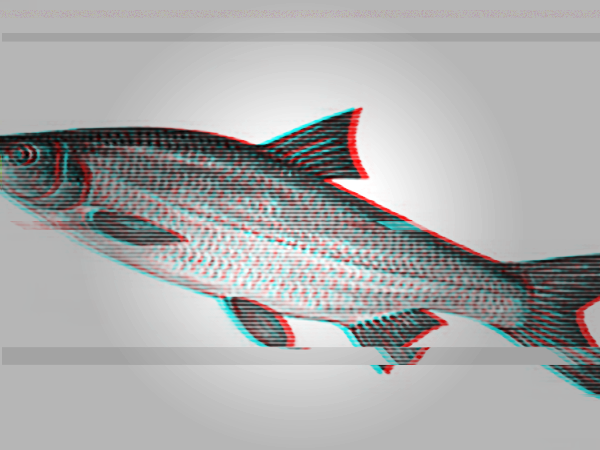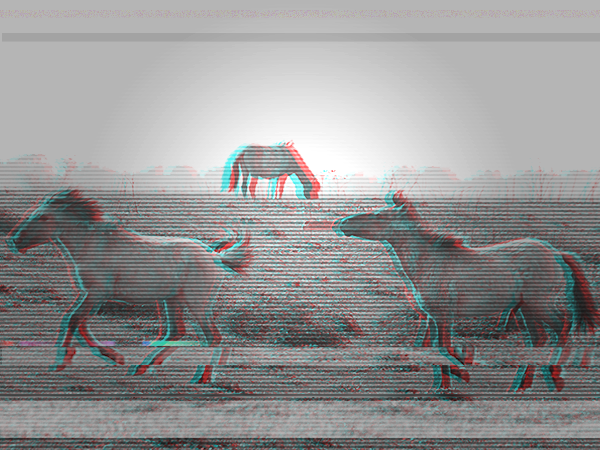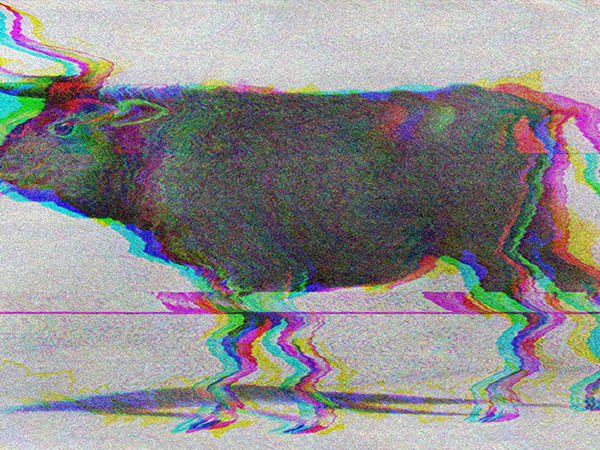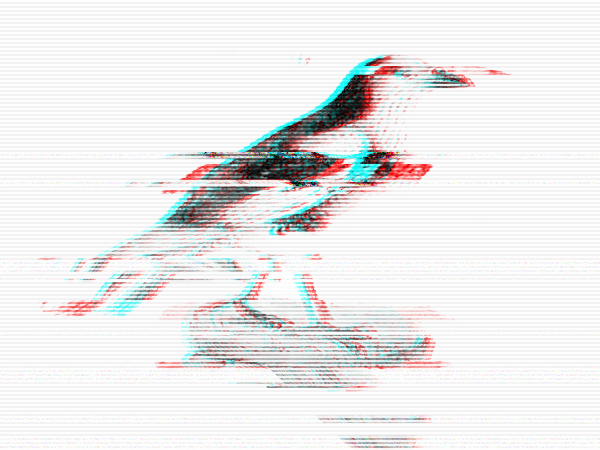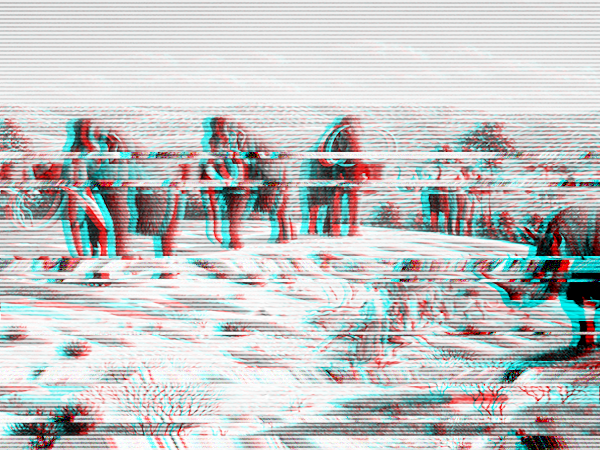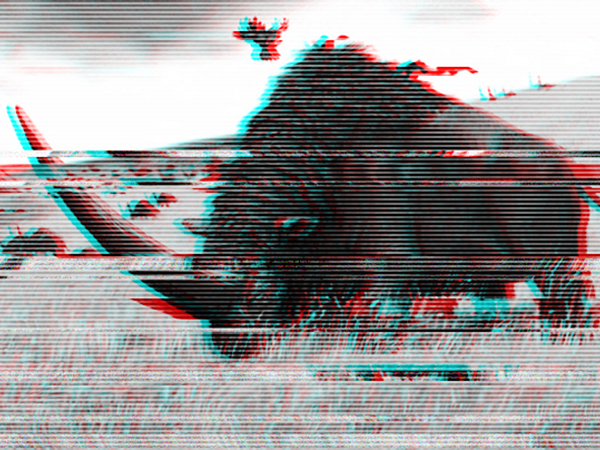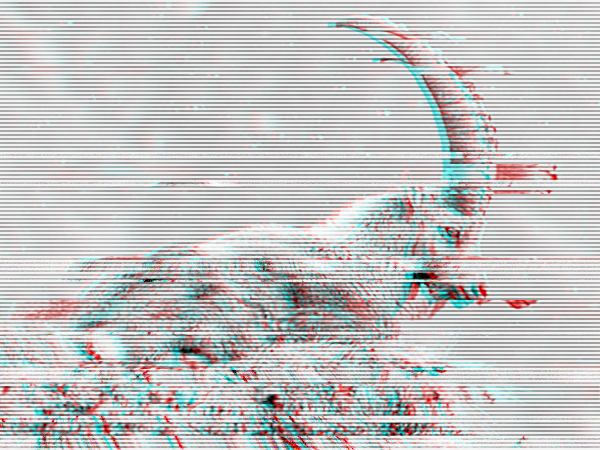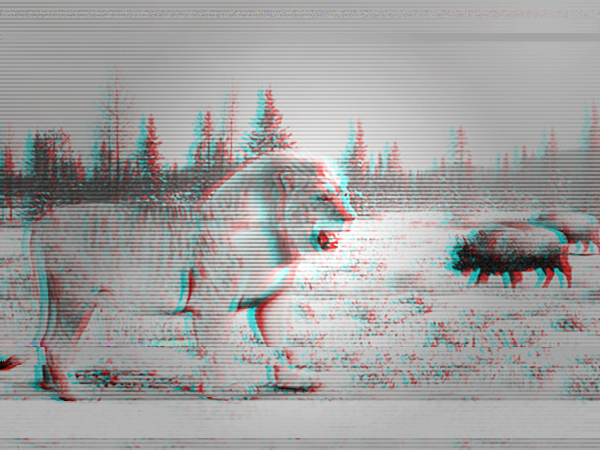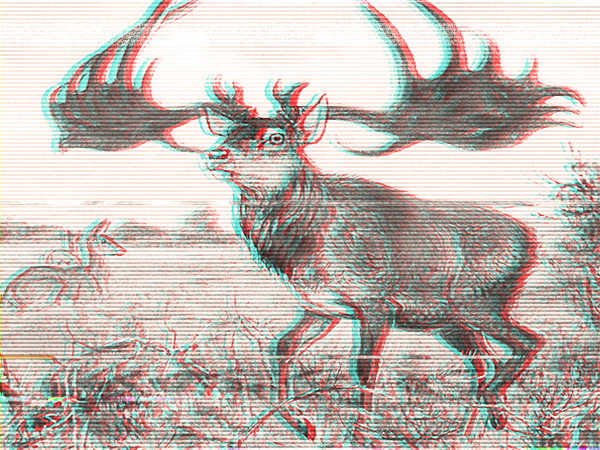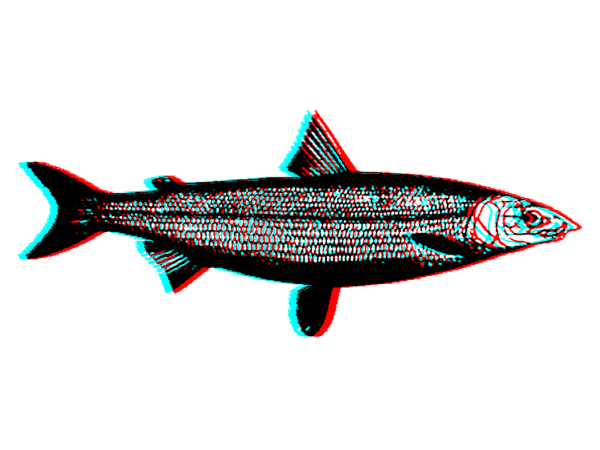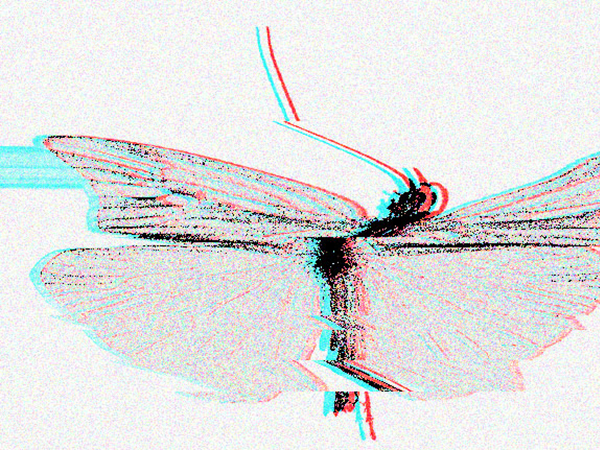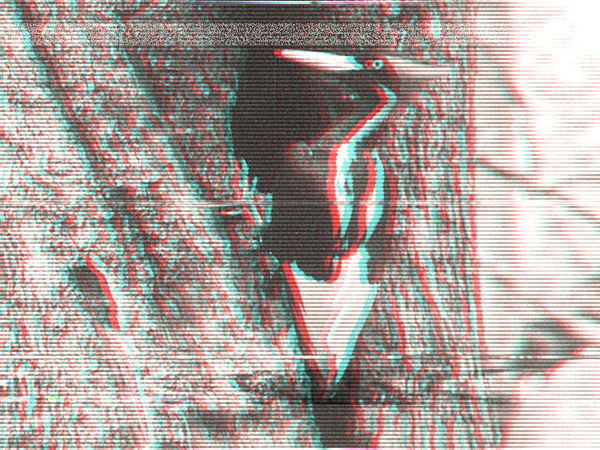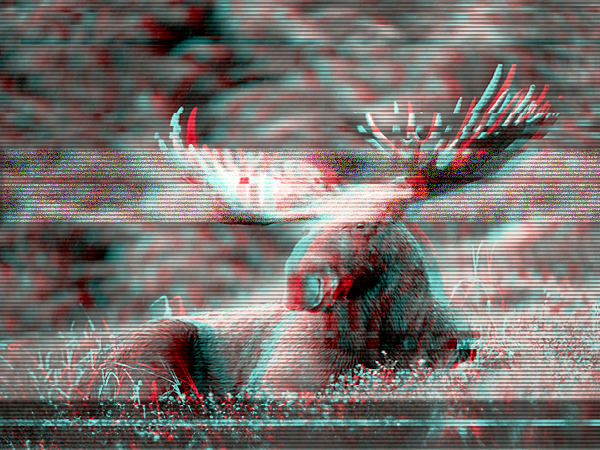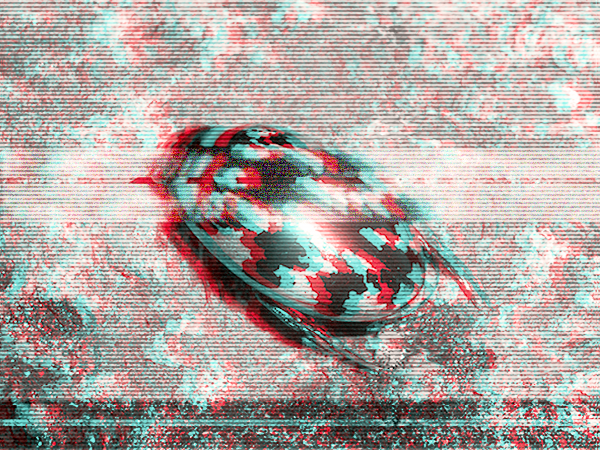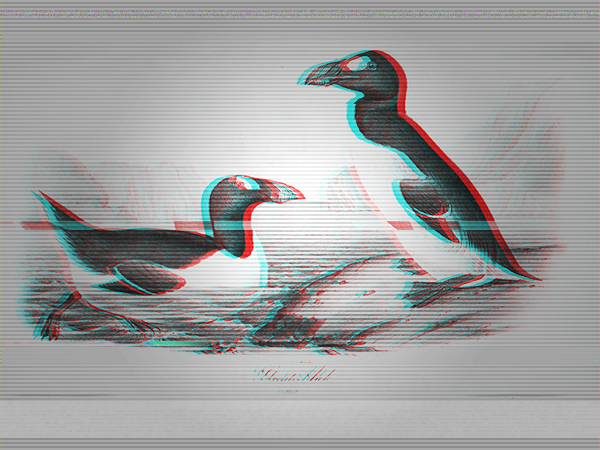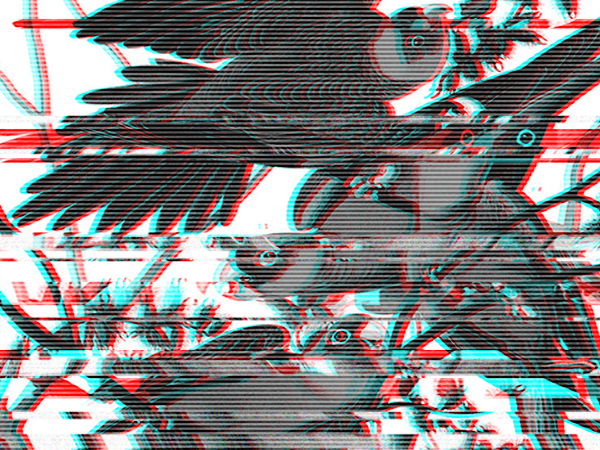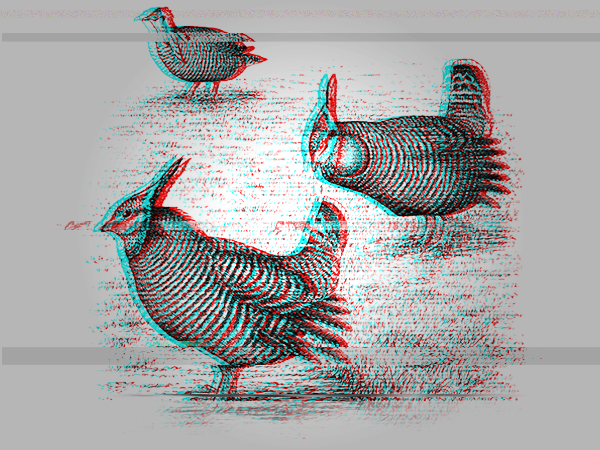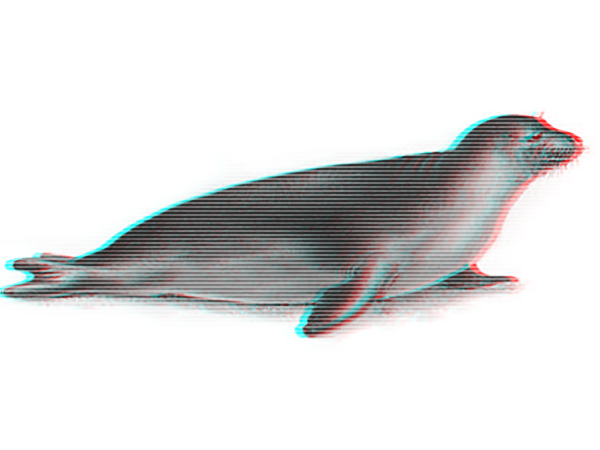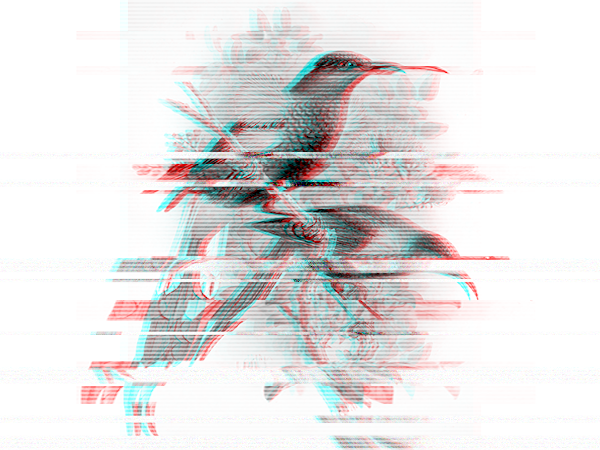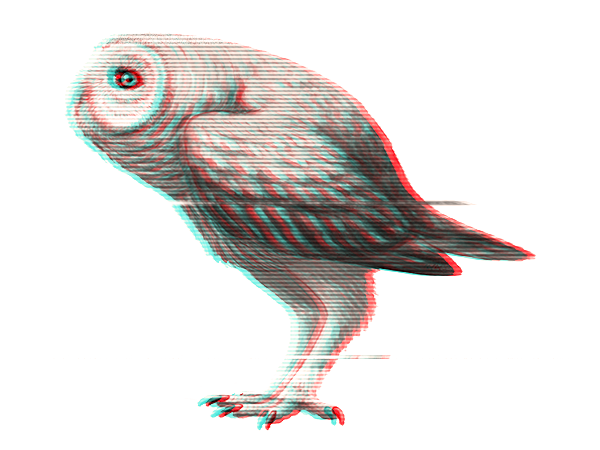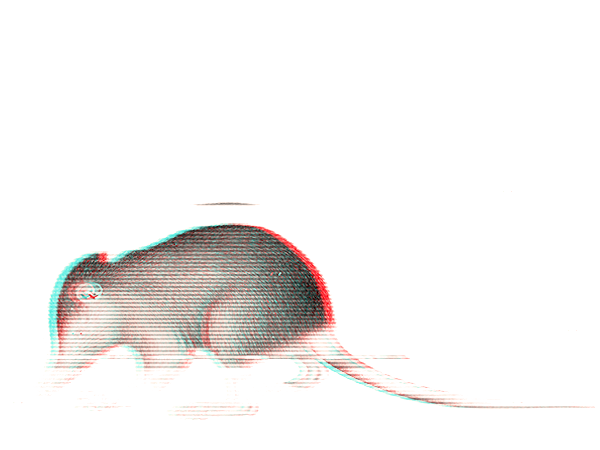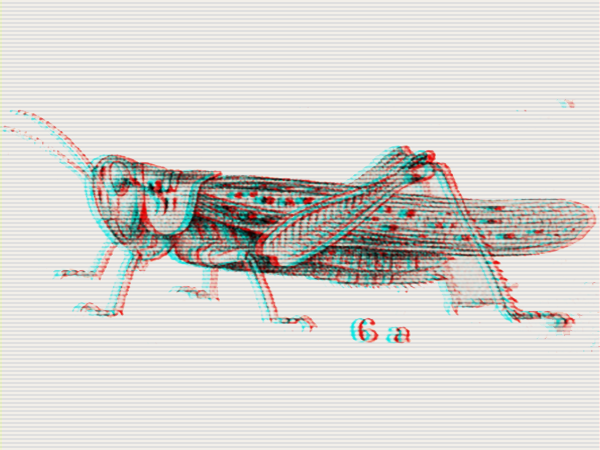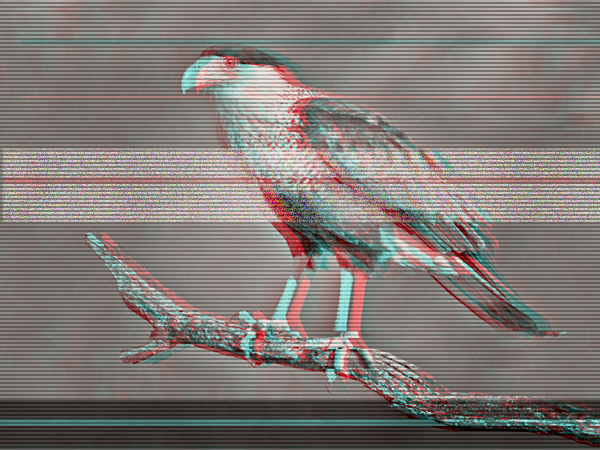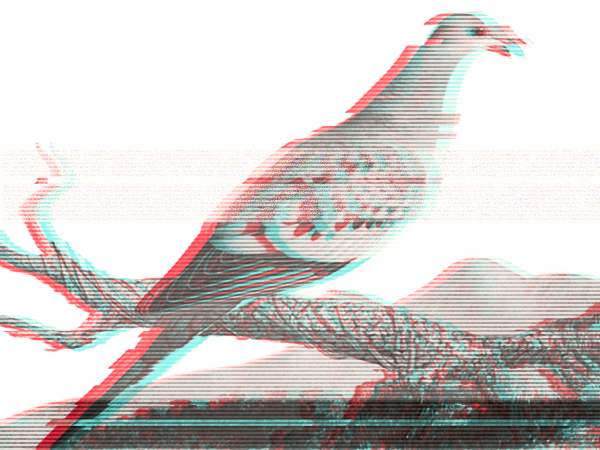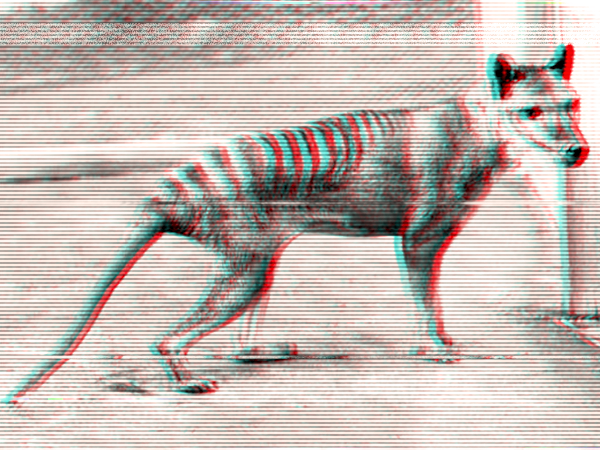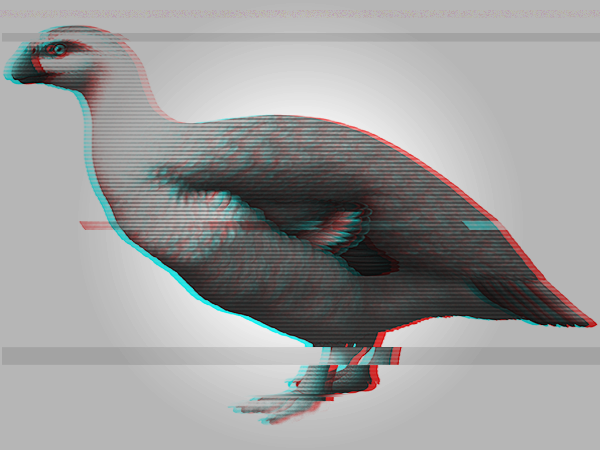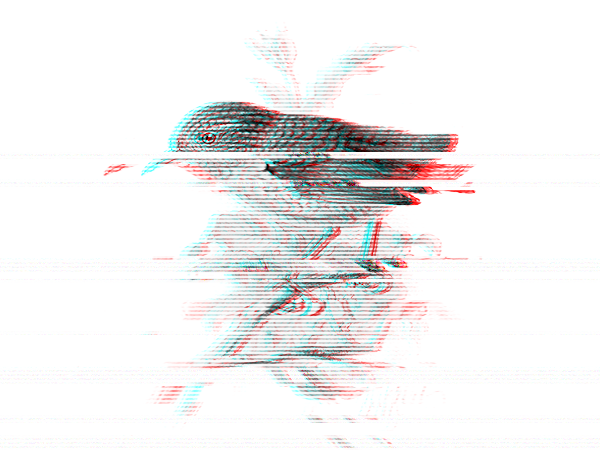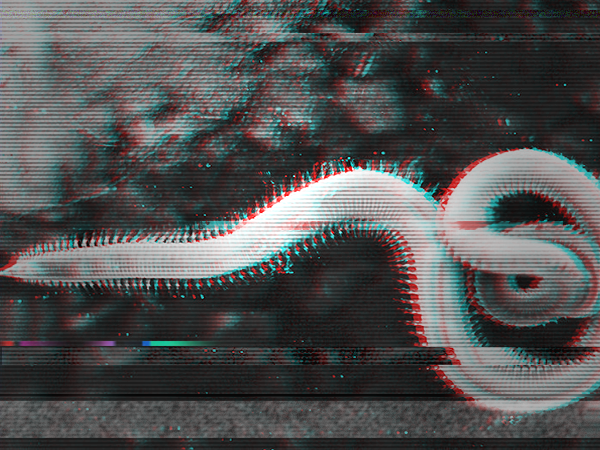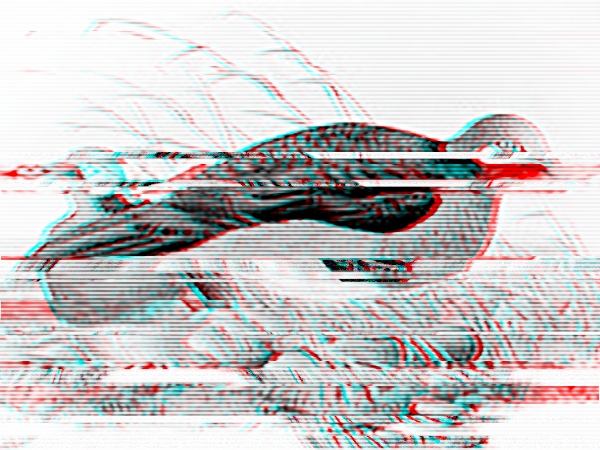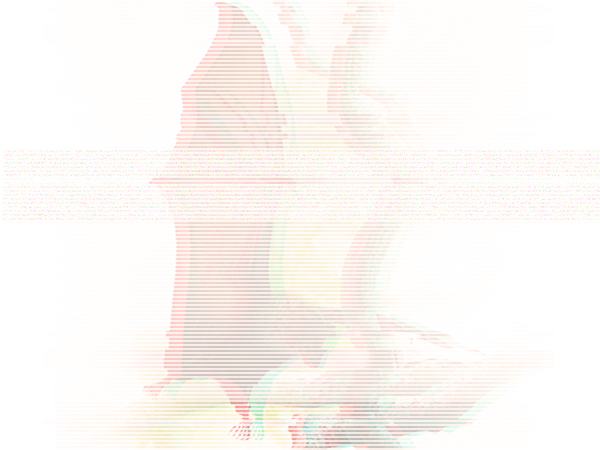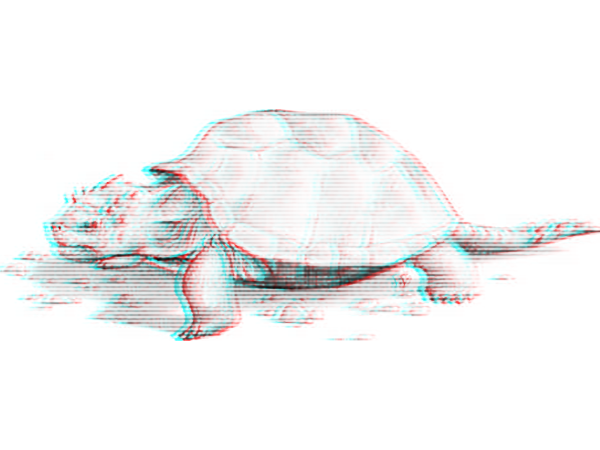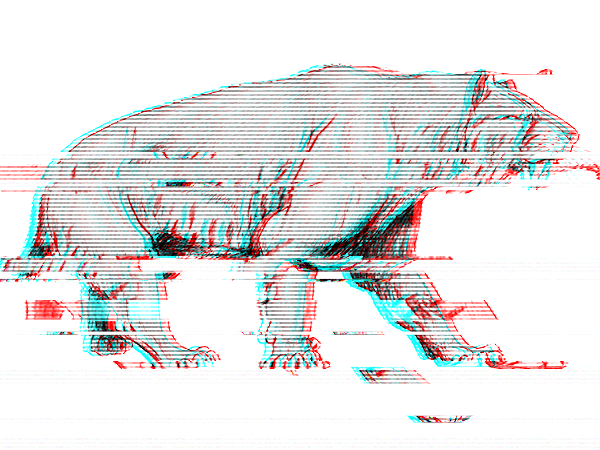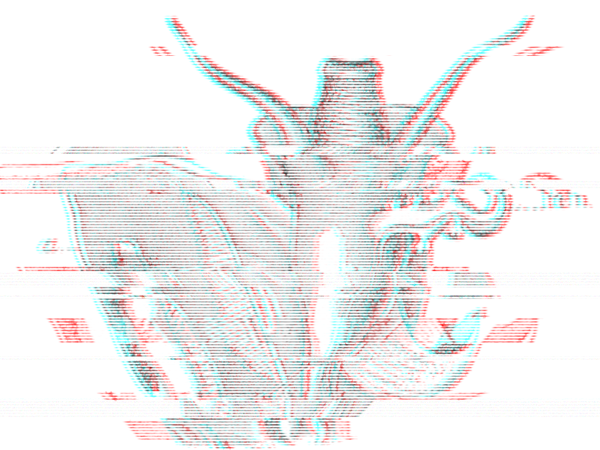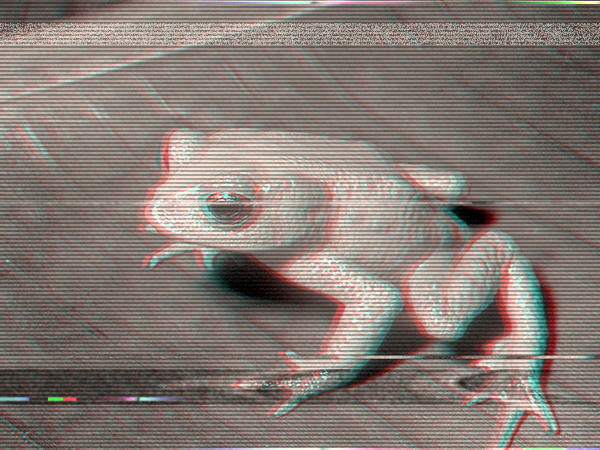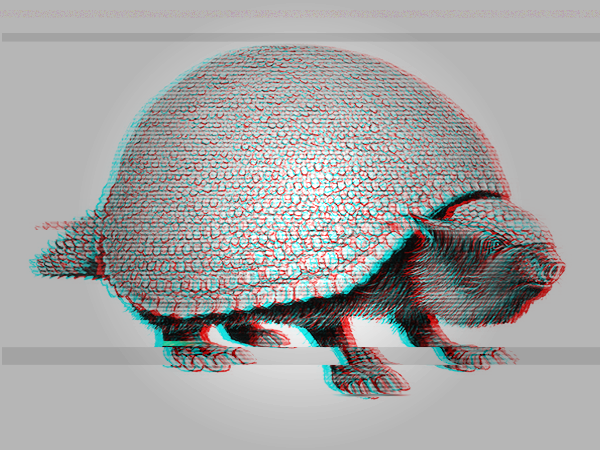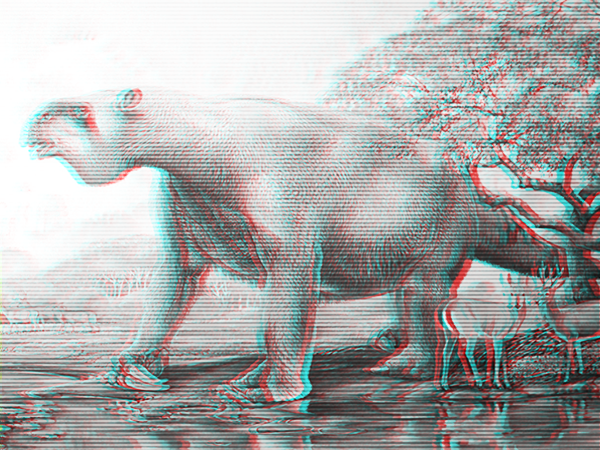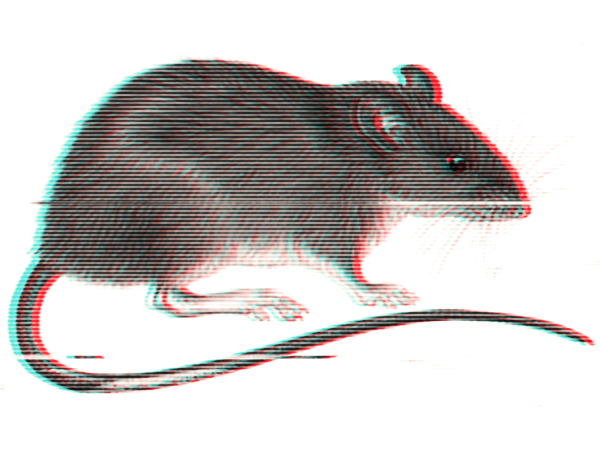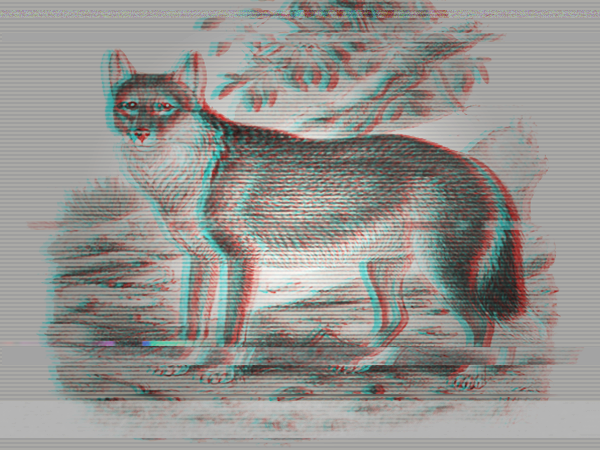an audio portal to the past
and an urgent message to the future
About
Reimagining the sounds of earth’s past beyond a human scale, reconstructing the sound of extinct animals and their habitats, Echozoo connects listeners with the sounds of the distant past. Created with field recordings of living species of mammals, birds, reptiles and insects, these are digitally processed to re-create the sounds of their now-extinct relatives and recomposed into immersive audio experiences. These long-silenced voices are re-sounded and heard within an imagined soundscape of their habitats, encouraging us to hear imagined ecosystems together with these ancestors in a powerful meditation on nature and the current loss of biodiversity in our natural world.
Echozoo is an invitation to ‘hear’ the sound of the current global environmental crisis. Extinctions are quiet: they are the silencing of a species forever. As we enter into the largest extinction event since the Cretaceous period 65 million years ago, such “imaginary” listening invites us to connect with these voices of extinction, to imagine the biodiversity of the past to engage the natural world around us now. Encouraging our connection to the sounds of nature, our surroundings, and the biodiversity around us, Echozoo is a musical project with a global mission.
Echozoo Creatures
Click on the map to see extinct creatures from that region. Click the play button on the image
of the creature to start the player and hear that creature and other creatures from the region
About the Project
Designed to immerse the listener both in space and time – what composer and Deep Listening founder Pauline Oliveros (one of Reiley’s teachers) call multi-dimensional listening, “Sounds are both temporal and spatial… We are giving attention to more than one flow of sound, in parallel or simultaneously, as well as discerning the direction and context… Dimensions of sound/silence are the space created by the sound/silence, the instant of the sound/silence, the duration, the quality, the relationship between the listener and the sound/silence, the volume and location (actual and perceived).” Echozoo invites the listener to hear their own natural surroundings multi-dimensionally: listening at once to what is present, what has been lost, and the silence in between.
The brainchild of composer, sound artist and certified Deep Listening™ instructor Michael Reiley, Echozoo synthesizes many of the aesthetic and artistic core values of his work. As an accomplished field recording artist, Reiley has created a body of work around the nexus of sound art, music composition, Deep Listening and sonic ecology that he calls Sonic Photography. Developing this practice focused on the natural world during the Anthropocene, or the era of man-made climate change, as well as the Sixth mass extinction event in global history, has made the development of Echozoo an organic if urgent one.
Reiley notes “I have had a profound connection to the environmental sounds of nature and civilization through my Deep Listening, meditation and music practices. The sounds of the living world are as much a part of the fabric of our consciousness as screens, motors and iTunes. I am creating this catalog of re-imagined animals calls in an attempt to bring awareness to our present sound world and to take notice and care of the elements of that soundscape so that they can be preserved and appreciated.”
Echozoo and The Sixth Extinction
“It’s frightening but true: our planet is now in the midst of its sixth mass extinction of plants and animals — the sixth wave of extinctions in the past half-billion years. We’re currently experiencing the worst spate of species die-offs since the loss of the dinosaurs 65 million years ago. Although extinction is a natural phenomenon, it occurs at a natural “background” rate of about one to five species per year. Scientists estimate we’re now losing species at 1,000 to 10,000 times the background rate, with literally dozens going extinct every day. It could be a scary future indeed, with as many as 30 to 50 percent of all species possibly heading toward extinction by mid-century. Unlike past mass extinctions, caused by events like asteroid strikes, volcanic eruptions, and natural climate shifts, the current crisis is almost entirely caused by us — humans.”-From biologicaldiversity.org
“Only humans have this incorrect notion that we are above the ecosystem. It may feel inconsequential that we will never see or hear from this or that animal again – but our entire existence is based on this ecological web. We are losing our brothers and sisters in this extinction and ultimately ourselves.”-Michael
Press
- "This Philly musician imagines what extinct animals sounded like. His recordings may be the Zen-out tracks you need now." -The Philadelphia Inquirer
- "Maximal Mikro" -Dosage Magazine
- "Philly sound artist imagines the lost songs of the natural world" -Philly Voice
The Listening Experience
Echozoo is 60 portraits of extinct creatures orchestrated within immersive audio environments of their natural habitats, in an acoustic “augmented reality” overlaid upon the environmental present. The creatures re-imagined have all gone extinct within the past 15,000 years--which roughly corresponds to the Holocene, or the human-impacted era. There is also an emphasis on creatures reaching extinction since the 18th century, roughly corresponding with the industrial era in the West. The project engages species from broad range of global geographies and biodiversities, with extinct insects, invertebrates, reptiles, fish, and mammals all represented. While large animal extinctions might draw more recognition, the web of life is as dependent on the tiny insect or slug as the Mammoth or Dodo.
The soundscapes also feature digital processing of environmental sounds - to encourage us to ponder what the creatures themselves would experience sonically in their habitats, using current scientific understanding of their hearing mechanisms or capabilities. Human hearing is just a tiny range of the audible frequencies present in the environment, and many beings experience ranges far above or below our own. Further, some creatures listen through completely different mechanisms, like elephants hearing extra low frequencies through special organs in their feet, or many spiders hearing vibrations on their webs to locate food. This invitation to listen from the perspective OF the extinct creature, xeno-listening with the imagined ears of an extinct creature, promotes listening as an experience of deep and profound empathy.
Listening beyond the human...
Thus the project becomes a powerful meditation on the loss of an experience of the world, from a unique perspective on our world never to be experienced again. The resonances create space for contemplation, identification and ultimately grief, while at the same time encouraging the experience of listening beyond ourselves to the world around us. At its core Echozoo re-sounds the silence of individual and collective mortality in the Sixth Extinction; functions as a speculative history to facilitate an intimate connection with what was but is no more. Becoming a memorial both to these creatures, and the earth as we have known it until now. A call to become more mindful of the natural world around us is vital at this moment in earth’s history, when the power to alter the entire earth’s future rests so firmly in human hands.
As Reiley recounts, “the idea for Echozoo first arose in early 2012, more from a personal interest in sound, deep history and ancient geologic time; a pondering over what ancient soundscapes on earth might be like. When I began the field recording process, in 2016, just four years later, widespread awareness of the Anthropocene and Sixth Extinction event were present in the media. Now, in 2020, with the global climate strike and multiplicity of climate events in the news every day from around the world, the fundamental purpose of the project has become even more urgent, more necessary, more timely.”
About the Artist - Mikronesia
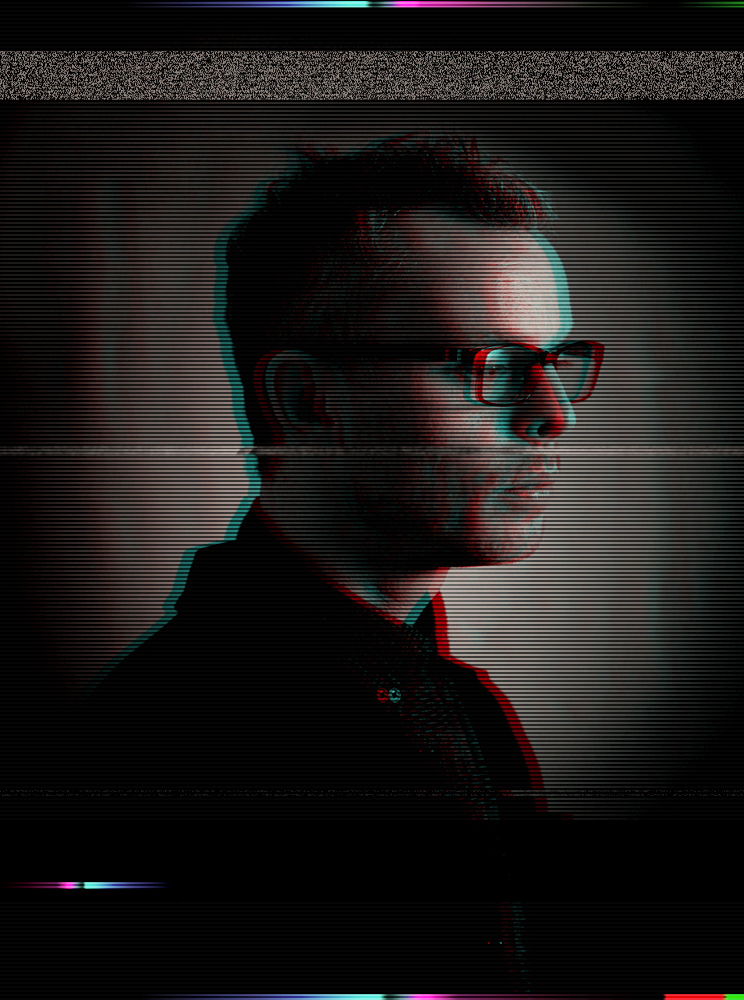
Composer and sound artist Michael Reiley (aka Mikronesia ) explores the relationship between present moment awareness, deep time and humanity’s personal connection through listening. Often creating his acousmatic works from field recordings processed and composed into multilayered, multi-textured sound worlds through a process he calls “sonic photography.” This process involves site-specific recordings of physical locations, re-imagined using digital processing techniques analogous to photographic development and collage. His aim is to reframe the everyday world both as a grand statement that stretches out in all directions of time and as an ephemeral instant of precious connection. His compositions have been strongly influenced by his daily practice of meditation, we well as Deep Listening--the integrative sound practice of composer Pauline Oliveros. In 2016 he completed a certification program in Deep Listening studying with Deep Listening pioneer Pauline Oliveros.
Over the past four years, he has been traveling at artists residencies around the world in Brazil, Iceland, Germany, Mexico, Costa Rica, Thailand, and India gathering recording for the Echozoo project and teaching with his Deep Listening and Somatic based workshop, called Listening Bodies. He is currently a teacher at the Center for Deep Listening at Rensselaer Polytechnic Institute in Troy, New York. He is also studying to become a certified therapeutic musician with the Music for Healing and Transition Program, which serves the ill and dying with live music for healing, or life-to-death transitioning in hospice.
Thank You
The sounds were recorded in many regions from around the world. The sounds of Echozoo were created, produced and mixed during residencies at
- Ayatana, Ottawa, Canada
- Casa Da Ilha, Ilhabela, Brazil
- Listhus, Olafurdur, Iceland
- Liebig 12, Berlin, Germany
- Com Peung, Chang Mai, Thailand
- PECAH, Uttarakhand, India
- GlogauAIR, Berlin, Germany
- Lake Studios Berlin, Germany
Also the seeds of the project were planted in 2016 with an inital Hatchfund Crowd Funding campaign to finance my travels to Canada and North West US to begin the field recording for Echozoo.
Text and help with final project vision: Renee T. Coulombe
Thank you to the supporters
Darcy Lyons, Steffan Schulz, Cory Neale, James Falconi, Jason & Emmalee MacDonald, Melissa & Carl Franke, Mary Kalyna, Kevin Brown, Carla Willard, M Eckstrom, Dave Di Lullo, Es Pisarek, Zornitsa Stoyanova, Mary Niewood, Ian Nauroth, Sharon Stewart, Benjamin Warfield, Patricia McDermott & Jack Malgeri, Pearson Constantino, Brian Wainwright, Jebney Lewis, fidget, Francis Markey, Emme McDermott, Glenn Benge, mauri Walton, Richard Baybutt, Patrick O’Connor, Delia Tash, Jonathan Moniz, Robin Rosecky, Nora Gibson, Katinka Marc, Thomas Reliey, Kim Epson, William Clarke-Fields, Anne C. Cecil, Steven Peltier and two Annonymouses.
Thank you to Lake Studios Berlin for use of their space during the extensive mixing sessions, GlogauAIR for presenting and early mix of German extinct animals at the 2018 Open Studios tour and the feedback from my fellow artists during the residency. Julian Grefe for use of his studio and outboard gear for mixing. The feedback of Monica Gentile as we traveled together and as we develop the extinctionsongs concept into a dance piece. My fellow Deep Listening teachers and students, especially Sharon Stewart for giving me feedback and advice. Nora Gibson for advice and creating inspiring visuals for a preview work in progress concert in Philadelphia. William Fields, Ben Warfield, King Britt, William “Bilwa” Costa and James Falconi for mixing feedback. Katrine Faber for lending her voice and inspiration as we develop our Echozoo related “Forgotten Landscape” project. Stella Rivera for her trombone “beast” sounds. Thank you for listening.
Get in Touch
michael[at]soundoflistening[dot]com
